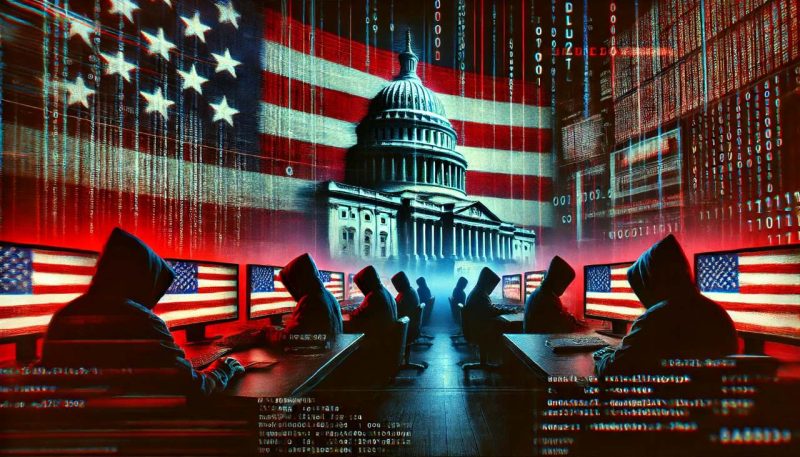
In a development reminiscent of previous election cycles, Iran is once again in the spotlight for allegedly attempting to interfere in the U.S. presidential election, with claims emerging that the Trump campaign was the target of a recent cyberattack.
This incident has reignited concerns over foreign influence in American elections, a theme that has haunted the country since the infamous Russian hacks of 2016.
The Allegations
The controversy began when the Trump campaign claimed that it had been hacked by Iranian actors, leading to the theft and distribution of sensitive internal documents. The hack reportedly involved a spear-phishing attack—a technique where attackers masquerade as a trusted entity to gain access to sensitive information. Microsoft had earlier flagged a similar intrusion attempt in June 2024, where an Iranian military intelligence unit allegedly compromised a former senior advisor’s email to target a high-ranking official in a U.S. presidential campaign. While the Trump campaign has not provided specific evidence linking Iran to the hack, the timing and nature of the attack are consistent with past Iranian cyber activities.
FBI Investigation and Government Response
The FBI has confirmed that it is investigating the claims made by the Trump campaign. Additionally, there are reports that the Biden-Harris campaign also faced similar cyber threats, although these attempts appear to have been unsuccessful. The U.S. government has been cautious in its response, with officials refraining from making definitive statements about Iran’s involvement. However, a State Department spokesperson indicated that these actions would be consistent with Iran’s history of cyber operations aimed at destabilizing its adversaries.
Broader Implications and Concerns
This incident highlights the persistent vulnerability of U.S. electoral systems to foreign interference. As the 2024 election approaches, the possibility of more such cyber intrusions looms large, potentially undermining public trust in the democratic process. Moreover, the strained relationship between the U.S. and Iran adds another layer of complexity, especially given the long-standing enmity following events like the 2020 assassination of Iranian General Qassem Soleimani, which Tehran has vowed to avenge.
As the investigation unfolds, the U.S. will need to balance its electoral security measures with diplomatic strategies to prevent further escalation. For now, the 2024 election is set to proceed under the shadow of these unresolved cyber threats, leaving both candidates and voters wary of the integrity of the electoral process.
